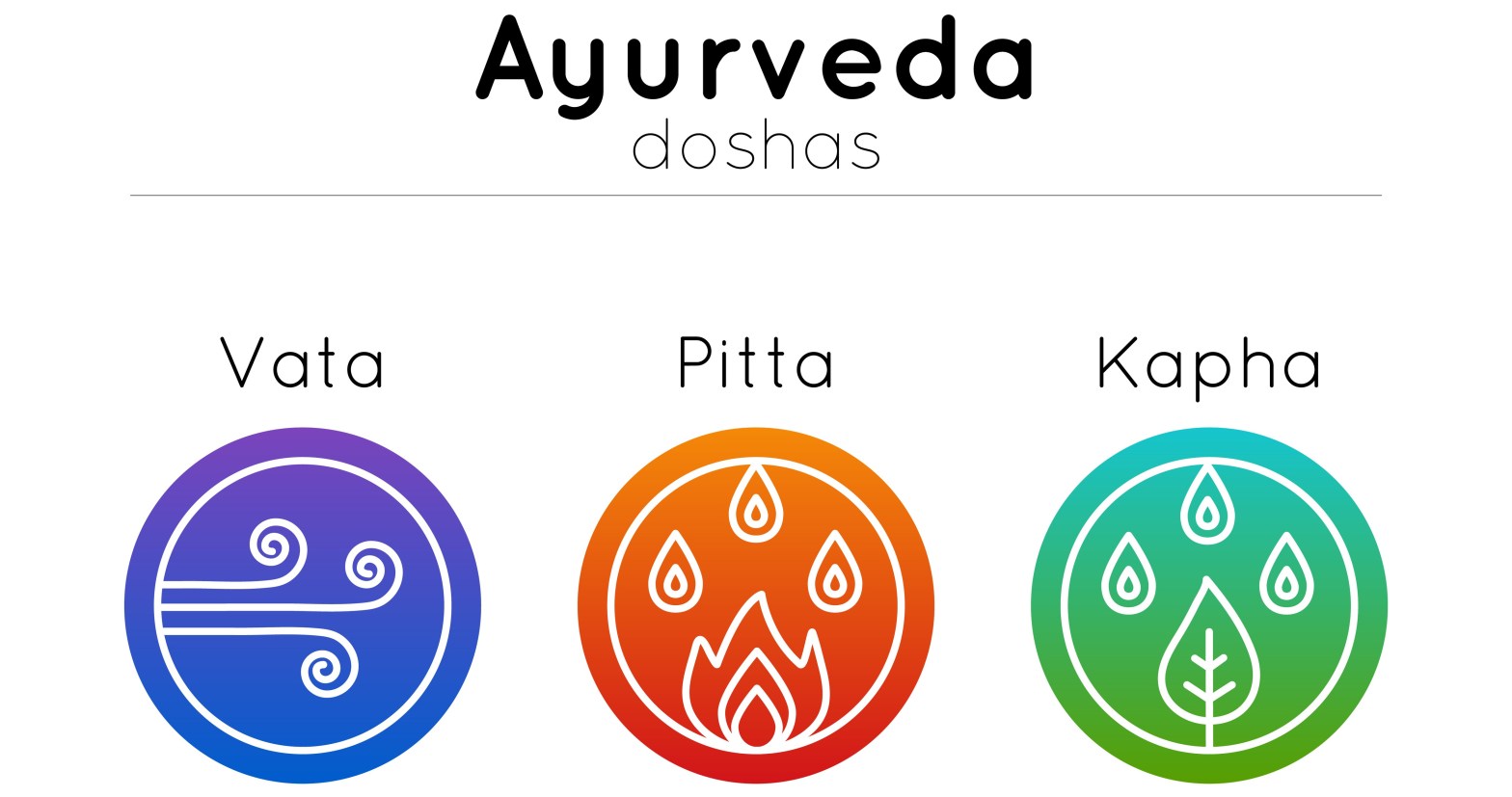Kapha is one of the three doshas in Ayurveda, the traditional system of medicine from India. The doshas are fundamental energies that govern various physiological and psychological functions in the body. Kapha dosha is primarily composed of the elements of earth and water, and it is associated with specific qualities and attributes.
Tag Archives: Ayurveda
What is the pitta dosha in Ayurveda?
Pitta is one of the three doshas in Ayurveda, the traditional system of medicine that originated in India. The concept of doshas is central to Ayurveda, and they represent combinations of elements and qualities that make up an individual’s constitution. Pitta dosha is primarily composed of the elements of fire and water, and it is associated with several qualities and attributes.
What is the Vata dosha?
Vata is one of the three doshas in Ayurveda, the traditional system of medicine from India. Vata dosha is primarily composed of the elements of air and ether (space) and is characterized by certain qualities and attributes. Understanding Vata dosha is essential in Ayurveda as it plays a significant role in maintaining overall health and well-being.
The three doshas of Ayurveda
In Ayurveda, the traditional system of medicine that originated in India, the concept of three doshas is fundamental to understanding the balance of health and the individual constitution of a person. The three doshas are Vata, Pitta, and Kapha. Each dosha represents a combination of elements and qualities, and every individual is believed to have a unique constitution with varying proportions of these doshas.
Medicinal mushrooms in Chinese medicine and Ayurveda
Mushrooms have been used in traditional Chinese medicine (TCM) and Ayurveda for centuries due to their various health benefits. While the specific types of mushrooms and their applications can vary, here is an overview of how mushrooms are used in these traditional medicinal systems:
Cardamom: An Ayurvedic and Chinese medicine star spice
Cardamom is a popular spice with various culinary and medicinal uses in both Ayurvedic and Traditional Chinese Medicine (TCM). It is valued for its aromatic flavor and potential health benefits.
Ayurvedic self-care tips for autumn
Ayurveda, the ancient system of natural medicine from India, emphasizes the importance of adapting one’s lifestyle and self-care routines to align with the changing seasons. Autumn, or “Sharad Ritu” in Ayurveda, is considered a season of transition from the hot and humid summer to the cooler and drier weather of fall.
Vata pacifying diet
In Ayurvedic medicine, a Vata pacifying diet is designed to balance the Vata dosha, which is characterized by qualities such as dryness, coldness, lightness, and mobility. When Vata is out of balance, individuals may experience symptoms like anxiety, dry skin, digestive issues, and restlessness. A Vata-balancing diet focuses on foods and eating habits that counter these qualities and promote warmth, stability, and nourishment.
The three doshas of Ayurveda
In Ayurveda, the three doshas are fundamental energies or principles that govern various physiological and psychological processes within the body and mind. Each person is believed to have a unique combination of these doshas, which influence their constitution, temperament, and overall health.
What is Ayurveda?
Ayurveda is an ancient holistic system of medicine that originated in India more than 5,000 years ago. The word “Ayurveda” is derived from the Sanskrit words “ayur,” meaning life, and “veda,” meaning knowledge or science. Therefore, Ayurveda can be translated as the “science of life” or “knowledge of life.” Ayurveda and Chinese medicine both focus on the individual’s constitution and seek to restore that balance using many of the same tools.









